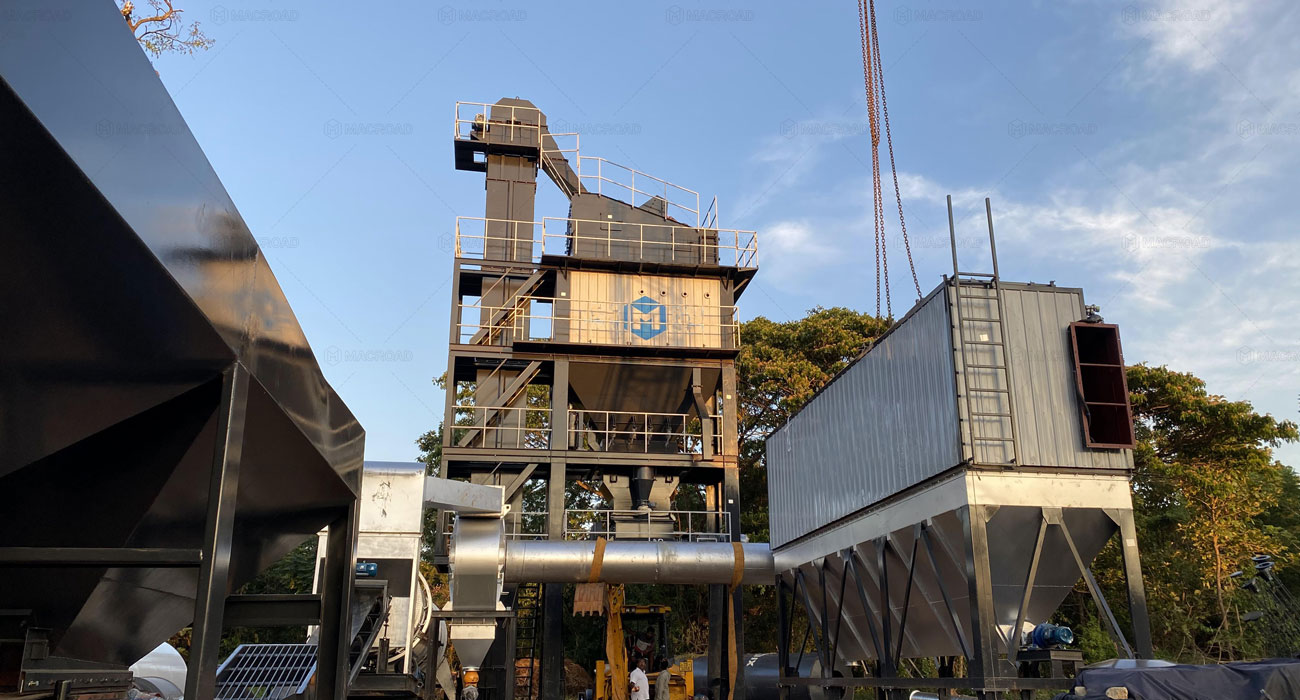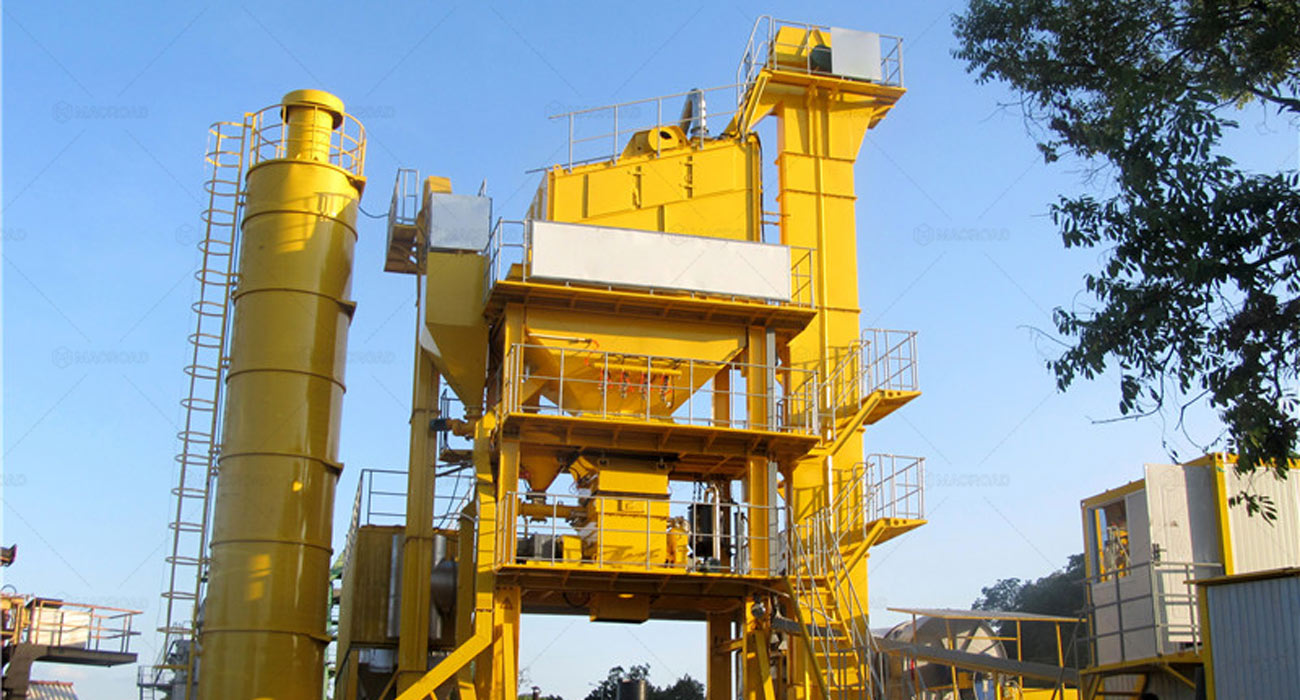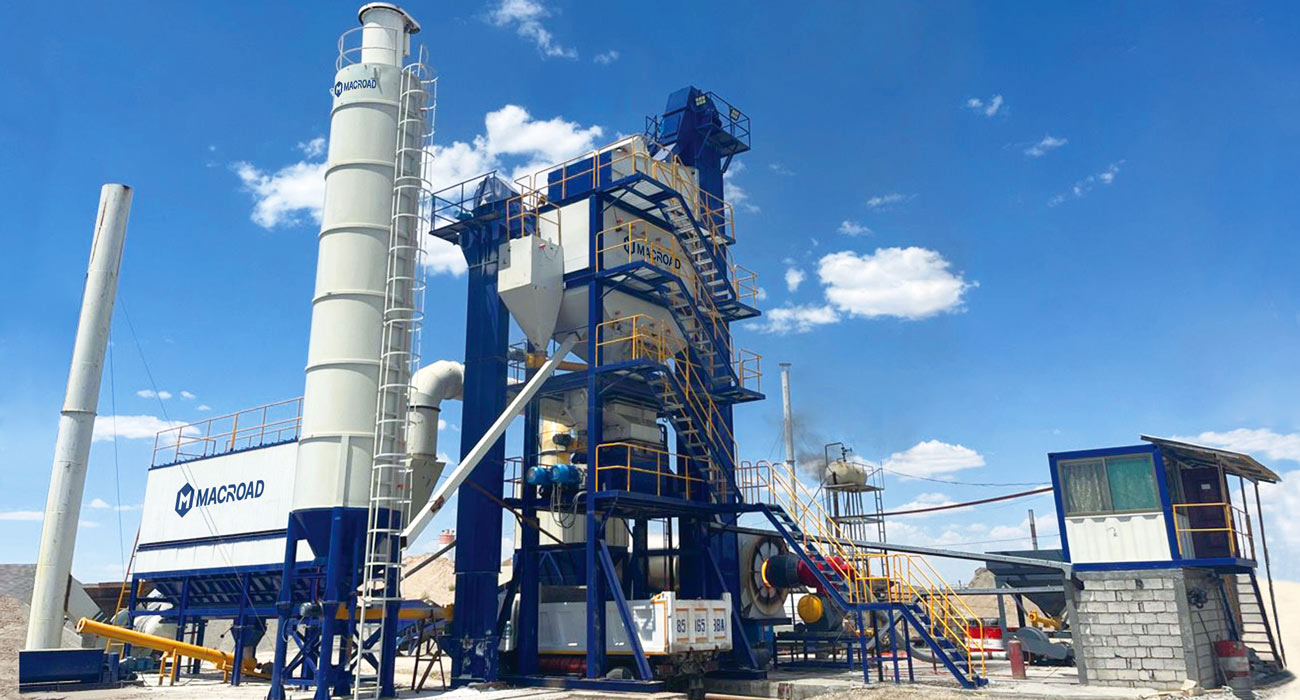Transporting mixing plant equipment in mountainous regions presents unique challenges, particularly regarding road height and weight restrictions. These factors are critical for ensuring a safe and efficient delivery process. This article explores the essential height and weight considerations customers should keep in mind when planning transportation routes for mixing plant equipment in hilly terrains.

Importance of Height Restrictions
One of the foremost concerns when transporting mixing plant equipment is height restrictions imposed by road infrastructure. Mountainous areas often feature winding roads with low bridges, overpasses, and other obstacles that can limit vertical clearance. Customers must be aware of these restrictions to avoid costly delays and potential damage to their equipment.
Typically, the standard height limit for commercial vehicles is around 13.5 feet (4.1 meters). However, mountainous regions may have specific local regulations that reduce this height limit. Before setting out, it is essential to verify the clearance heights along the planned route. Engaging with local transportation authorities can provide valuable insights into any potential obstacles.
For example, when transporting a mobile asphalt mixing plant or a larger stationary installation equipment, customers should ensure their route accommodates any overhead structures. Failing to consider these height restrictions can lead to accidents, damages, and significant project delays. Utilizing mapping tools that provide information on road heights can help in planning a safer and more efficient route.

Navigating Weight Restrictions
In addition to height limitations, weight restrictions are a critical aspect of transporting mixing plant equipment. Mountainous roads often have lower weight limits compared to standard highways due to structural concerns. Overweight vehicles can cause damage to road surfaces and bridges, leading to potential fines and detours.
Customers should be aware of the typical federal weight limit of approximately 80,000 pounds (36,287 kg). However, local regulations may impose stricter limits, especially on rural roads construction projects where the infrastructure may not support heavy loads. It’s essential to check the weight restrictions for each segment of the transport route.
Proper load distribution is also important. Ensuring that the weight of the equipment is evenly distributed across the transport vehicle helps maintain stability and compliance with weight regulations. This is particularly crucial when transporting heavier equipment, such as a strong mix asphalt plant, as uneven weight distribution can lead to accidents or vehicle failures.

Preparing for Road Conditions
Mountainous areas can present unique road conditions that further complicate the transport of mixing plant equipment. Customers should consider factors such as steep grades, sharp turns, and potential weather-related challenges. Conducting a thorough assessment of the road conditions before transport can help identify any potential hazards.
Engaging with local authorities regarding road maintenance schedules and conditions can provide insight into any detours or closures that may impact the transport route. Additionally, customers should prepare for potential weather-related challenges, such as rain or snow, which can affect road safety and accessibility.
Understanding these road conditions is vital for successful transportation. By planning ahead and staying informed about local regulations and conditions, customers can avoid delays and ensure the safe delivery of their asphalt plant.
Conclusion
In summary, when transporting mixing plant equipment in mountainous areas, customers must pay careful attention to road height and weight restrictions. By understanding the importance of height limitations, navigating weight regulations, and preparing for challenging road conditions, customers can facilitate a smoother transportation process. This proactive approach not only helps in avoiding potential issues but also enhances the overall efficiency of projects involving asphalt plant manufacturers and rural roads construction projects.